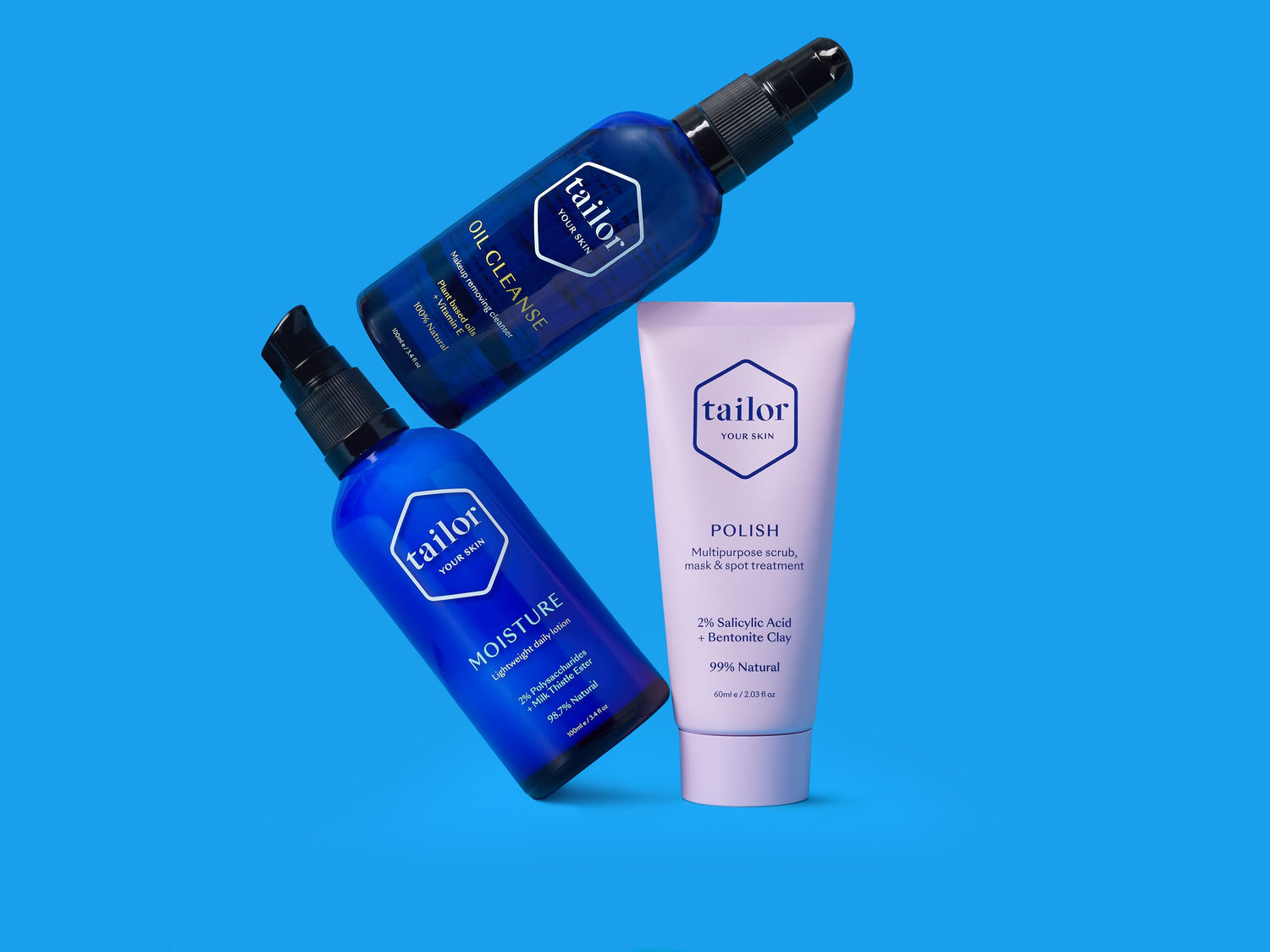What is Eczema?
Eczema is classified as dry, scaly, sensitive skin that can sometimes form weepy lesions.
Often the skin will become red, and will be sensitive to creams, make-up and soap.
What causes Eczema?
The cause of eczema can vary from person to person, and studies have been unable to distinguish one definitive cause.
Most of the causes of eczema are interrelated and often eczema is simply one of the symptoms of a bigger problem.
Many of you who suffer from eczema will have tried a multitude of mineral oil based barrier creams and medications to remedy the situation, and sometimes these things will offer short-term relief, but after time the eczema tends to flare up again. When this happens, it is time to look for the root cause of the problem.
How to holistically treat Eczema
There is a strong connection between food sensitivities and eczema.
Symptoms such as bloating, cramping, diarrhoea or constipation, as well as a flare-up of eczema following the consumption of certain foods indicates a sensitivity to that food. A common sensitivity linked with eczema is gluten - research shows that 1 in 3 people with gluten sensitivities also exhibit signs of eczema. If you suffer from eczema, it can be very worthwhile to trial a gluten free diet for 4 weeks to see if this makes a difference. Dairy, seafood, and fruit and vegetables rich in alkaloids are other common eczema triggers. Alkaloids are a group of chemicals produced by plants to protect themselves from pests and diseases, however, the body can negatively react to high amounts of these. Plants high in alkaloids are those from the nightshade family; potato, capsicum, tomatoes, chilli, and eggplant. Try avoiding these foods and notice if this makes a difference to your symptoms. When it comes to skin troubles and flare-ups you need to remember that ‘red means recent’ — any time that the eczema is appearing red, it means it’s a recent reaction, and you’re seeing the effects of your body reacting to a recent exposure.
In my previous blog I talked about The Skin-Gut Connection, and the powerful effect the health of your gut can have on your skin.
Leaky-gut, which is when the gut becomes permeable and bacteria and food particles leak into the bloodstream, can cause eczema. One of the main causes behind leaky-gut is a food intolerance which causes damage to the gut lining, resulting in leaky-gut syndrome. If you notice any gut related symptoms when consuming certain foods, it is possible that these foods are damaging the gut lining. Symptoms such as bloating, gas, cramps, diarrhoea or constipation are all signs that your body is not responding positively to a food or food group. If you notice these symptoms, try omitting the food for 4 weeks. A qualified health practitioner can carry out food sensitivity testing or an exclusion diet to help you determine the foods which you are sensitive to.
With all gut related issues there is a basic treatment protocol.
Firstly, remove the harm causing foods. Second, repair the gut using time, nutrients and herbs. And lastly, replenish the good bacteria using probiotics, sauerkraut, kombucha and other foods containing good bacteria. If you suspect that a gut related disorder or bacterial overgrowth is the cause of your eczema then working with a qualified health professional can be really helpful in solving these issues.
Many people with eczema have a natural deficiency in delta-6-desaturase (D6D), an enzyme critical for the utilisation of fatty acids.
D6D converts essential fatty acids into gamma-linolenic acid (GLA), a fatty acid which helps to keep the skin hydrated, retain moisture and it also reduces overall inflammation in the body. If eczema is a problem for you then it’s likely you’re deficient in D6D, so supplementing with GLA fats is an ideal way to bypass the need for the D6D enzymes. Gamma-linolenic fatty acids are found in high concentration in evening primrose oil, borage oil and black currant seed oil. Evening primrose oil is the easiest supplement to come by - a therapeutic dose for EPO is 1500mg per day. This can be used by most people, however I recommend that you speak with a qualified health practitioner before using.
Fatty acids play a massive role in maintaining the protective barrier of your skin and prevent it from drying out.
While gamma-linolenic fatty acids are important, so are other fats. Omega-3 fatty acids from walnuts, flax seeds and oily fish are anti-inflammatory and contribute to the health of the skin. Nuts, seeds, organic butter, avocado and olive oil are all great sources of fatty acids and essential nutrients. These fatty acids contribute to the health of the skin and improve the retention of moisture.
- Vitamin C acts as a powerful anti-inflammatory agent within the body - it neutralises free radicals and helps with wound healing.
- Vitamin C rich foods to include in your diet are; leafy greens, citrus fruits, berries and broccoli.
- Zinc is critical for the health of the skin, especially after damage has occurred and the skin is trying heal.
- Zinc is found in beef, lamb, seafood, pumpkin seeds, lentils and cashews. A handful of nuts and seeds each day is an easy way to ensure you are getting some zinc and fatty acids at the same time.
What I say next might resonate with you, in which case I urge you to take a deeper look, and for others it won’t mean anything, and that is fine too. Louise Hay, a well-known self-help author, believes that eczema is linked to “breathtaking antagonism” — this may be related to disagreements or conflict you have with yourself, or others. Hay guides people to use affirmations to resolve these feelings, the affirmation for eczema is; “harmony and peace, love and joy surround me and indwell me. I am safe and secure” — this is something you may like to try.
With eczema, it is a great idea to protect your skin from the outside too.
Because another common cause of eczema is a reaction to environmental irritants. This could be your make-up, face care, body cream, washing powder, shampoo and conditioner, or your household cleaners. When it comes to products that come into contact with your skin like washing powder, body wash and skincare, it’s best to use products which are as natural as possible.
Fatty acids are easily absorbed through the skin, so applying fatty acids to the affected or prone areas can really help to protect and nourish the skin. Tailor has created an amazing range of skin care products which are perfectly suited to eczema sufferers.
Tailor Oil Cleanse is a wonderful way to remove make-up and dirt while still nourishing the skin and without stripping the skin of its natural oils. Other brands of cleansers can strip the skin of its natural oils, and for people with eczema this is the last thing you need as your skin is already lacking these important oils.
Tailor Renew has helped hundreds of customers with flaky and sensitive skin. Renew's Vegan probiotic lysate stimulates natural skin cell regeneration, strengthens the skin's protective barrier for enhanced resilience, reduces sensitivity and helps to clear blemishes. We recommend adding it to your routine.
Follow Renew with Tailor Moisture, it's a great way to take care of your skin. Moisturise contains natural plant oils and extracts which help to replenish the moisture barrier of the skin and provides long lasting hydration.
When using new skincare, be sure to patch test first and introduce it slowly to your routine for best results.
Your skin will love using Tailor!
Author - Jessica Gilljam Brown.
Jessica is a qualified nutritionist and takes a holistic approach to health and wellbeing. She is passionate about helping people to discover how amazing their bodies are designed to feel when powered by the right nutrients. Jessica uses evidence-based science to help educate, and make lasting changes in peoples lives. Follow Jessica on Instagram and Facebook, or learn more at her website.

